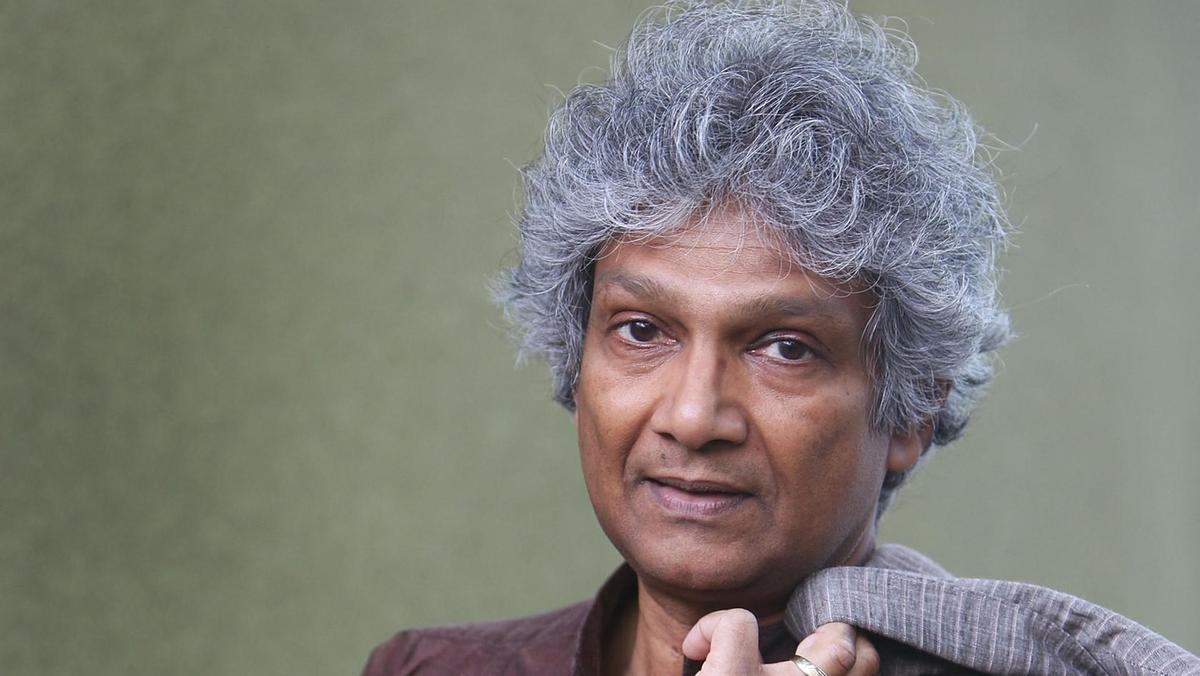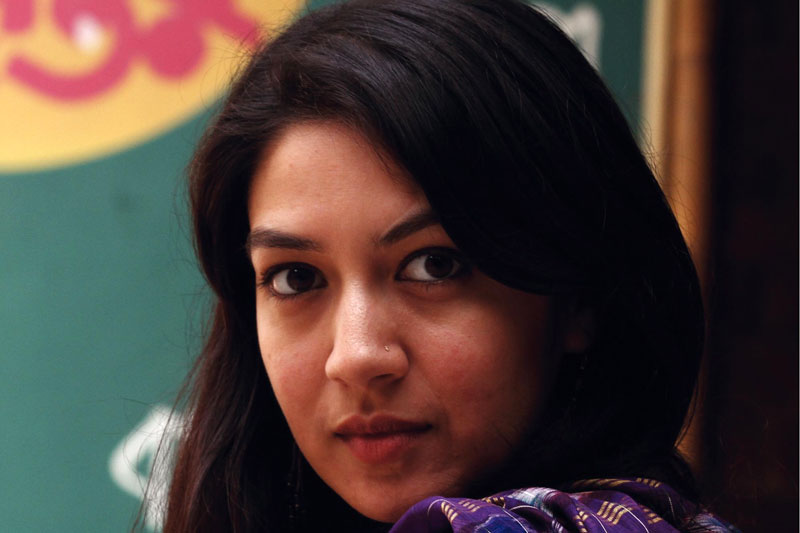When Romesh Gunesekera was growing up in 1960s Sri Lanka, which was known as Ceylon at the time, his pre-teenage years were turned upside down by the death of his closest friend. This seismic event has rippled through Gunesekera’s life, to the extent he admits his latest novel, Suncatcher, which tells the story of a friendship between twoboys in Ceylon, had been brewing since he began to write.
He says the experience of losing his friend was what pushed him to finish the book. “Goodness, my friend’s death affected me so greatly,” he says. “I was constantly thinking about a world I might have shared with someone who was no longer there – when I look back on it, that death was formative but also otherworldly.
Actually, I’ve come to think every day is like that time – people and things coming into focus and then out again.”

In a way, that’s also a neat summation of Gunesekera’s writing career. It is 25 years since his first and probably best known novel, Reef, was published, a book that was shortlisted for the Man Booker Prize that year.
People still talk about Reef, a story of the bond between a master and his young cook, Triton. The abridged audiobook was even rebroadcast by the BBC this summer. “All I want from my books, or indeed any book that I read, is for there to be characters that can become companions for the rest of your life,” Gunesekera says.
There are comparisons to be made between Reef and Suncatcher. In both books, a boy fascinated by nature comes of age in a chaotic 1960s Sri Lanka. Gunesekera, 65, admits he wanted to revisit that world, but if anything, Suncatcher’s combination of the personal and political reveals the confidence the author has gained from a career in writing. It’s a bigger story, yet quieter and more reflective.
The narrative explores the fragile relationship between two boys, Kairo and Jay. Kairo is something of a loner, living his childhood almost entirely in his imagination. When he eventually reaches out to someone, he finds Jay, a privileged rebel with a wild streak and love of nature. He’s a magnetic personality. “It’s a perfect moment for a bond; one wants a hero, the other wants an acolyte,” Gunesekera explains.
Part of growing up is working out how to handle not just the personalities involved in friendships, but the consequences of them, too.
But when Gunesekera was a boy, was he a Jay or a Kairo? “I have a sense that we all want a friend like Jay but I was a Kairo, for sure,” he says. “Though having said that, I think we’re all a Jay to someone without really realising it. Like the two boys find out, I think we often don’t understand the consequences of our actions.”
Their story is set in 1964 Ceylon, a time when there is no school, the government is in “slight disarray” and the religious right are beginning to flex their muscles.
“The more I researched the period, the more I began to see it as an interesting, pivotal moment in the country’s history which I could correlate with a boy also going through a significant change,” Gunesekera says.
“The whole political landscape changes, the coalition falls, the left movement adapts and it leads to the Marxist uprising in 1971. It’s the beginnings of a turbulent time in the country’s history.”
But how this political backdrop affects the boys isonly part of a journey that takes in friendship, jealousy, catastrophe and, in the end, hard-won understanding. “Part of growing up is working out how to handle not just the personalities involved in friendships, but the consequences of them, too,” Gunesekera says.
As both aspects are dealt with so vividly in Suncatcher, you sense Gunesekera isn’t quite ready to wave his characters off into adult life quite yet. “I could see myself continuing to write about these people,” he says. “I’m very fond of them.”
Suncatcher is out now


